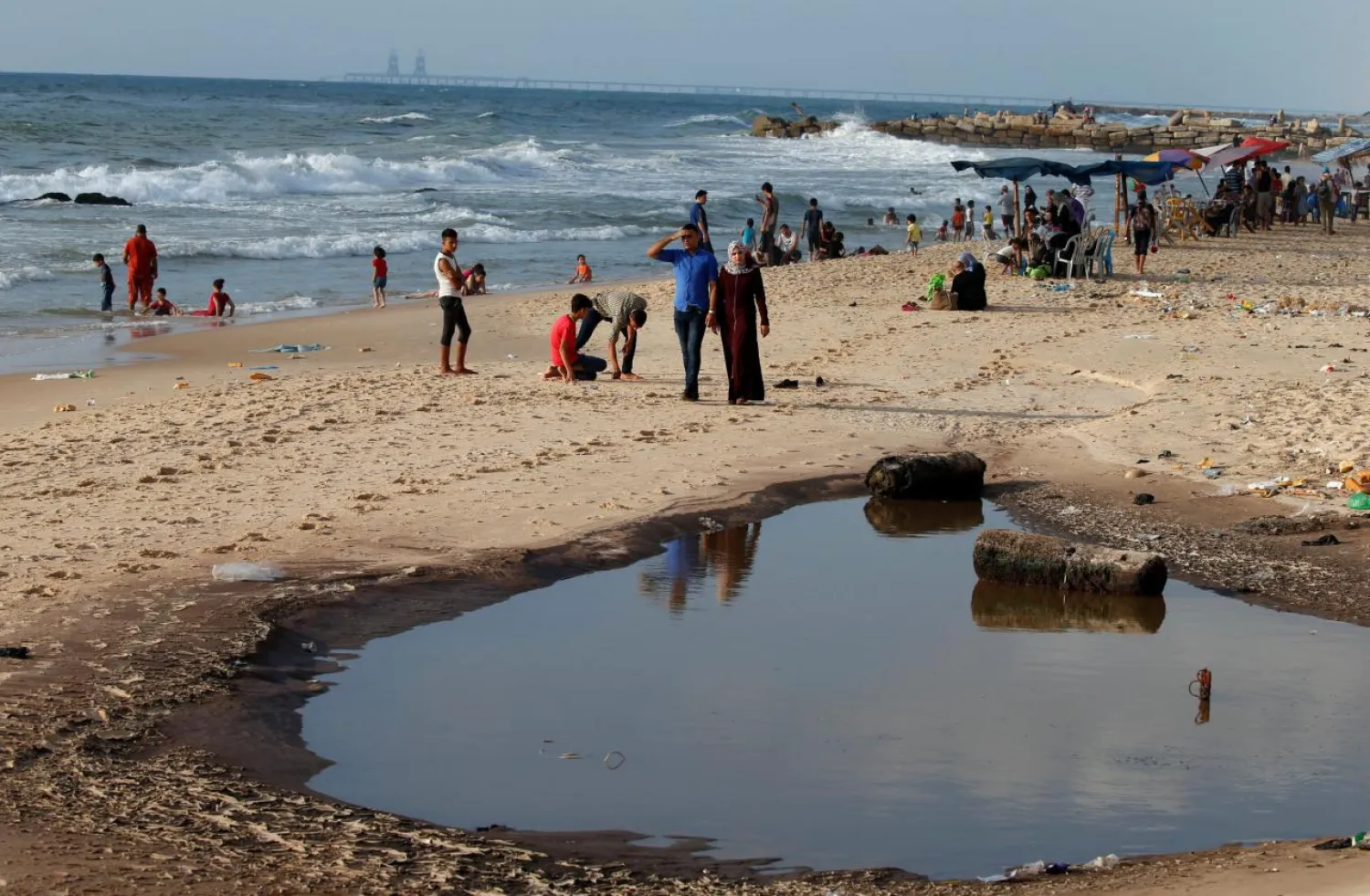The Special Rapporteur on the situation of human rights in the occupied Palestinian territories, Michael Lynk, has lamented that the economy of the Gaza Strip is in free fall, saying the enclave has become “unliveable” amid a 70 percent youth unemployment, widely contaminated drinking water and a collapsed health care system.
Lynk told the Third Committee (Social, Humanitarian and Cultural) of the UN General Assembly this week that Israel continued to block his visits to the occupied territories.
He painted a pessimistic state of affairs, noting that 200 Palestinians have been killed by Israel’s security forces — 40 of them children — during peaceful protests each Friday along the Gaza frontier for the past seven months.
Lynk also said it was high time the international community takes firm action to stop Israel’s annexation of large parts of the West Bank through settlement expansion and legislative initiatives, warning that failure to do so will likely prompt Israel to formalize annexation into domestic law.
“During five decades of the occupation, Israel has steadily entrenched its sovereign footprint throughout the West Bank,” the Special Rapporteur said in his report to the UN General Assembly. He highlighted settlement construction and expansion, as well as recent legislative measures he said amounted to illegal de facto annexation.
“The Israeli Knesset has adopted a number of laws in the past year that have become a flashing green light for more formal annexation steps,” he said, noting recent measures that sought to apply Israeli law to the West Bank, as well as the 2017 settlement regularization law.
“The strict prohibition against annexation in international law applies not only to a formal declaration, but also to those acts of territorial appropriation by Israel that have been a cumulative part of its efforts to stake a future claim of formal sovereignty over the occupied Palestinian territory.”
The Rapporteur urged the international community to act. “Lacking in repeated condemnations of Israel’s annexationist actions have been any meaningful steps by the international community to insist upon accountability. Despite Israel’s record of non-compliance with the directions of the international community, it has rarely paid a meaningful price for its defiance, and its appetite for entrenching its annexationist ambitions has gone largely unchecked,” Lynk said.
He describing the human rights situation in Gaza as dire.
“The United Nations stated in 2012 that Gaza may well be unliveable by 2020. When electricity has been cut to five hours a day, when safe drinking water has almost disappeared, and when its economy is cratering before our eyes, then the state of unliveability is upon us, and the international community must insist that all parties, and particularly Israel, the occupying power, bring an immediate end to this disaster,” he said.









